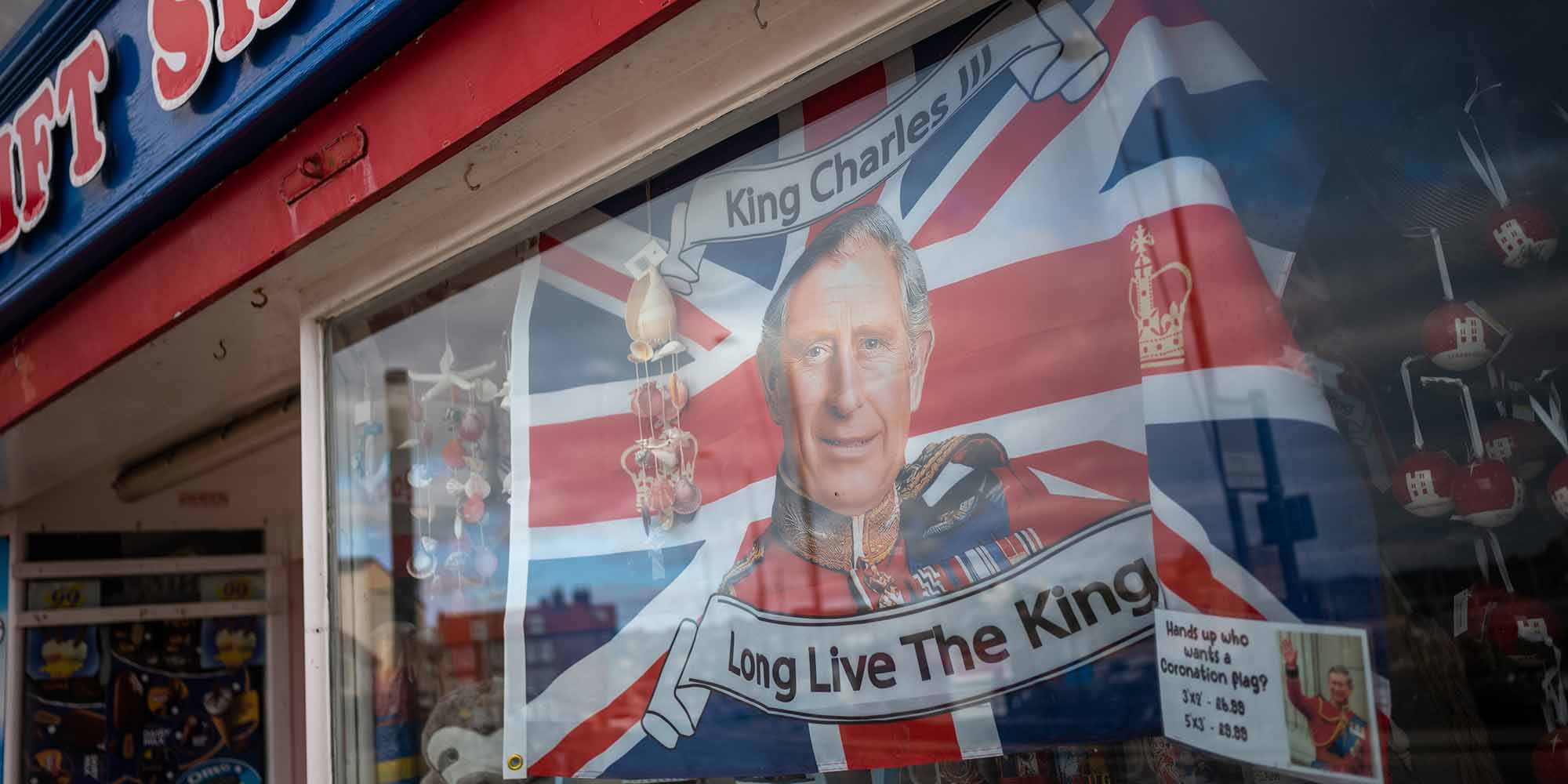I won’t be glued to the television this weekend when Charles III will be crowned, but in a lazy sort of way, I’m generally supportive. There are so many more important issues in the world, getting fussed about the British monarchy, or any monarchies for that matter, seems pretty much a waste of time.
But I recently listened to a debate on the Intelligence Squared podcast and found it a much more interesting and momentous topic than I originally thought. The question the two Brits were debating was, very crisply: Should Charles III be the last British monarch?
Tom Eaton in his satirical column in TimesLIVE this week amusingly, as always, condemns the royals as trivial.
“In a world in which kings can neither protect their people nor deal out extrajudicial violence on their enemies, a pledge to King Charles carries no more meaning or weight than declaring publicly that you prefer almond milk in your muesli. Worse, it’s lame, because the moment a king invites a commoner to express support and there is no threat of excommunication from a very real God or execution by a very real axeman, then he’s not a king: he’s just a guy on Facebook asking for likes.”
Yet there is one statistic that suggests something different. If you list the 20 most stable governments in the world today, you will notice a startling fact: half of them have active monarchies. In fact, eight of the top 10 notionally most stable countries have hereditary monarchs.
Stable governments, in this case, are defined as countries that are viewed in global opinion polls as such — so the measure is subjective. But it is noteworthy that somehow the existence of a monarch does contribute to a sense of steadiness and continuity.
The argument here, I imagine, is that the existence of a hereditary monarchy tends to underline the difference between the head of government and the head of state. In addition, there is the notion that monarchies can play a helpful unifying role in multinational states. There is a saying that in Belgium, everybody is either Fleming or Walloon; the only person who is actually Belgian is the king. Likewise, the UK’s royal family are seen as helping to provide a sense of a United Kingdom, which comprises England, Scotland, Wales and Northern Ireland.
And this love of a unifying symbol is reflected in the popularity of the royals in the UK at least, where despite being a family so profoundly dysfunctional that they remind me, well, of all of us, they enjoy enduring support. After a dip in royal adoration in the UK, recent polls show between 55% and 75% are in favour of the monarchy. (There is usually a bump of support around big events).
That doesn’t sound overwhelming, but almost every politician would love that level of support. The most popular politician in the UK at the moment, Labour Party leader Keir Starmer, has only a 33% favourable rating. Prime Minister Rishi Sunak is seen positively by only 25% of British adults, which is kinda scary and makes King Charles’ support at 55% seem fabulous.
But there is a counter-argument, and that is the old one that correlation is not causation. In fact, the causation could be the opposite: stable countries tend to be those which have (precisely because of their stability), retained their monarchies. Monarchies don’t cause stability; stability fosters the endurance of monarchies.
The broader argument against the monarchy has been well articulated over the years and includes how much it costs to keep them in the lifestyle to which they have become accustomed.
King Charles has an annual income of about $16-million, mostly drawn from his property business, which was — how should we put this — accumulated by his ancestors. The cost to the taxpayer footing the bill for the royals, according to Buckingham Palace, is about £41.5-million a year. But if you include the costs of royal security, that jumps to £334-million, which suggests those guys in dark glasses and earpieces behind the pot plants are doing pretty well for themselves.
But the main argument of the republicans emanates from principle: the monarchy is by design anti-meritocratic, elitist and unaccountable. King Charles is, by all accounts, a nice bloke who has the interests of his subjects at heart. There is a very revealing and somewhat suppressed set of letters called the “black spider” memos — named after his scrawling handwriting — that Charles sent to various civil servants.
They are transparently sympathetic, decent, interested and engaged. They are also a bit loony. One letter, finally released after years of legal argument, ironically claimed the United Kingdom was “sliding inexorably down the slope of ever-increasing, petty-minded litigiousness”. But he also wrote in 2002 about “ever-more prescriptive laws — for example, health and safety at work legislation, the blame culture … and the bureaucratic red tape which accompanies new rules”. Well, you know, I’m with him there.
The most worrying thing for royal families around the world is that they tend to be supported, partly out of nostalgia, by older people, while the younger generation really just doesn’t care. More than 71% of boomers support Charles, but only 43% of millennials do. Only 12% of 18- to 34-year-olds view the monarchy as “very important”.
The real story of the royal family, both in SA and in the UK, of the 21st century is not an angry argument over principle, a battle for purpose over irrelevance. King Charles’ reign probably won’t be the last, but I’m not crazy about George’s chances. DM/BM
Business Maverick
After the Bell: Would you let Charles III reign o’er you?





